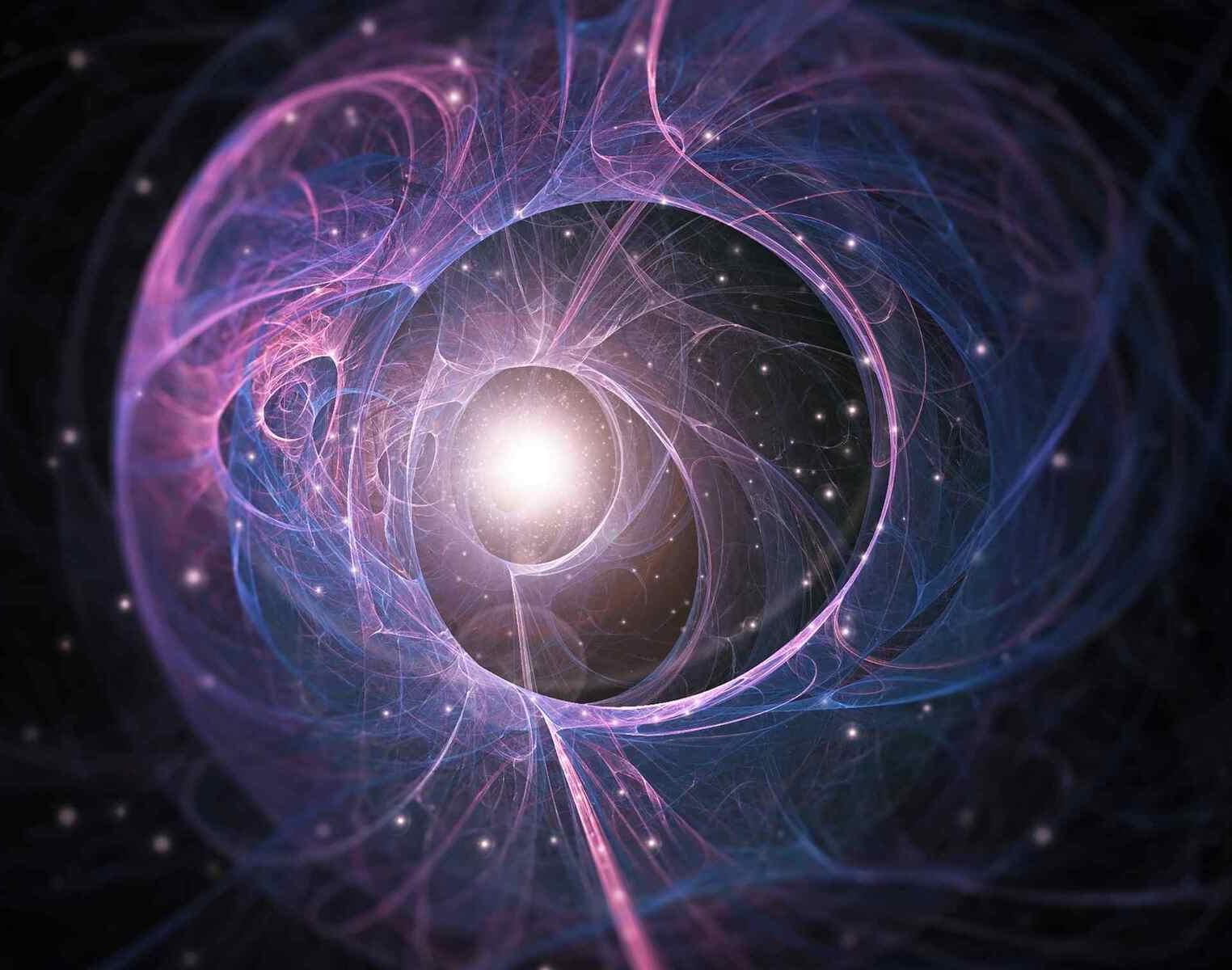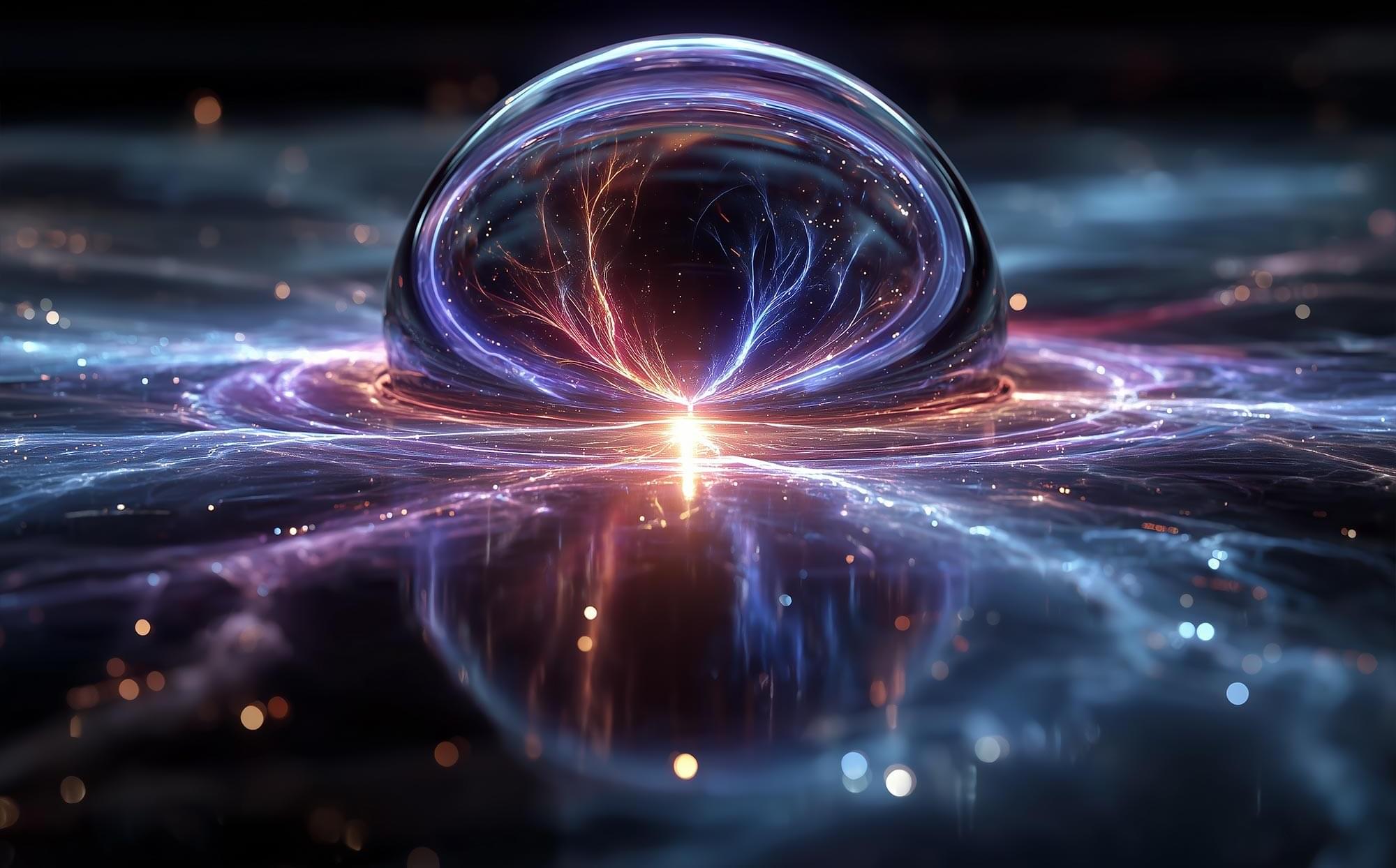The authors show that experimentally available spin-orbit coupled quantum gases are ideal platforms for the quantum simulation of solid-state spin Hall effects and for the study of unconventional spin Hall effects.
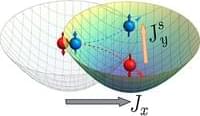

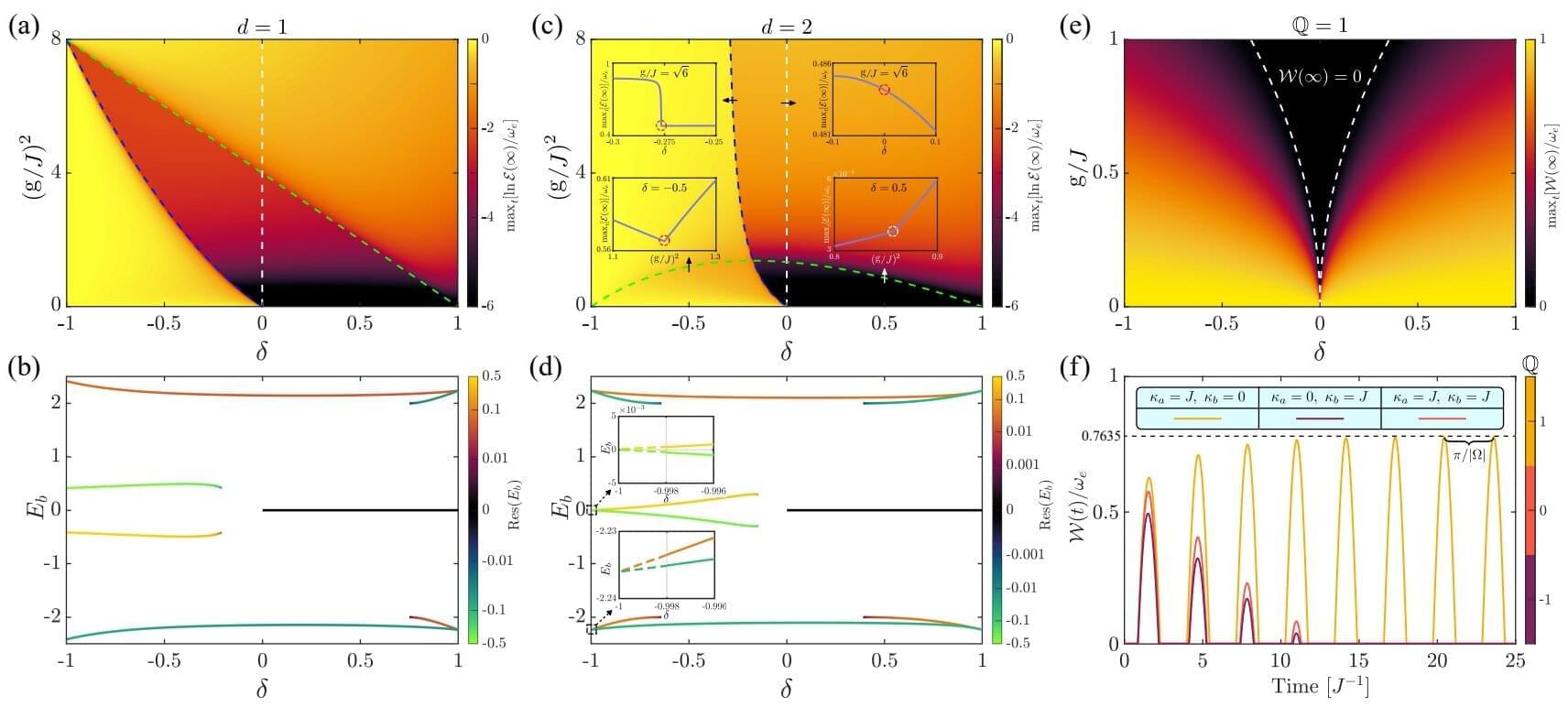
Researchers from the RIKEN Center for Quantum Computing and Huazhong University of Science and Technology have conducted a theoretical analysis demonstrating how a “topological quantum battery”—an innovative device that leverages the topological properties of photonic waveguides and quantum effects of two-level atoms—could be efficiently designed. The work, published in Physical Review Letters, holds promise for applications in nanoscale energy storage, optical quantum communication, and distributed quantum computing.
With increasing global awareness of the importance of environmental sustainability, developing next-generation energy storage devices has become a critical priority. Quantum batteries—hypothetical miniature devices that, unlike classical batteries that store energy via chemical reactions, rely on quantum properties such as superposition, entanglement, and coherence—have the potential to enhance the storage and transfer of energy.
From a mechanistic perspective, they offer potential performance advantages over classical batteries, including improved charging power, increased capacity, and superior work extraction efficiency.
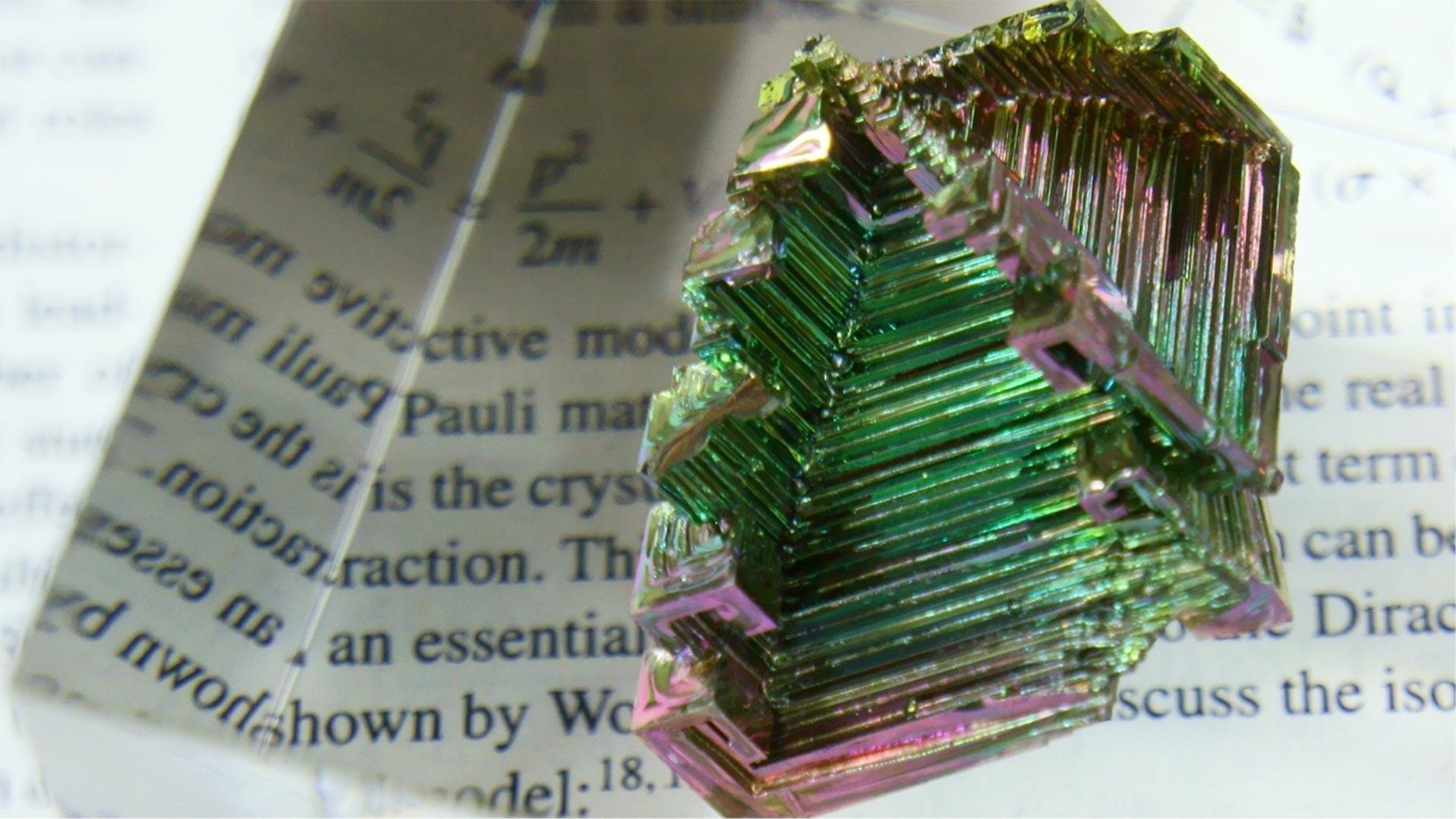
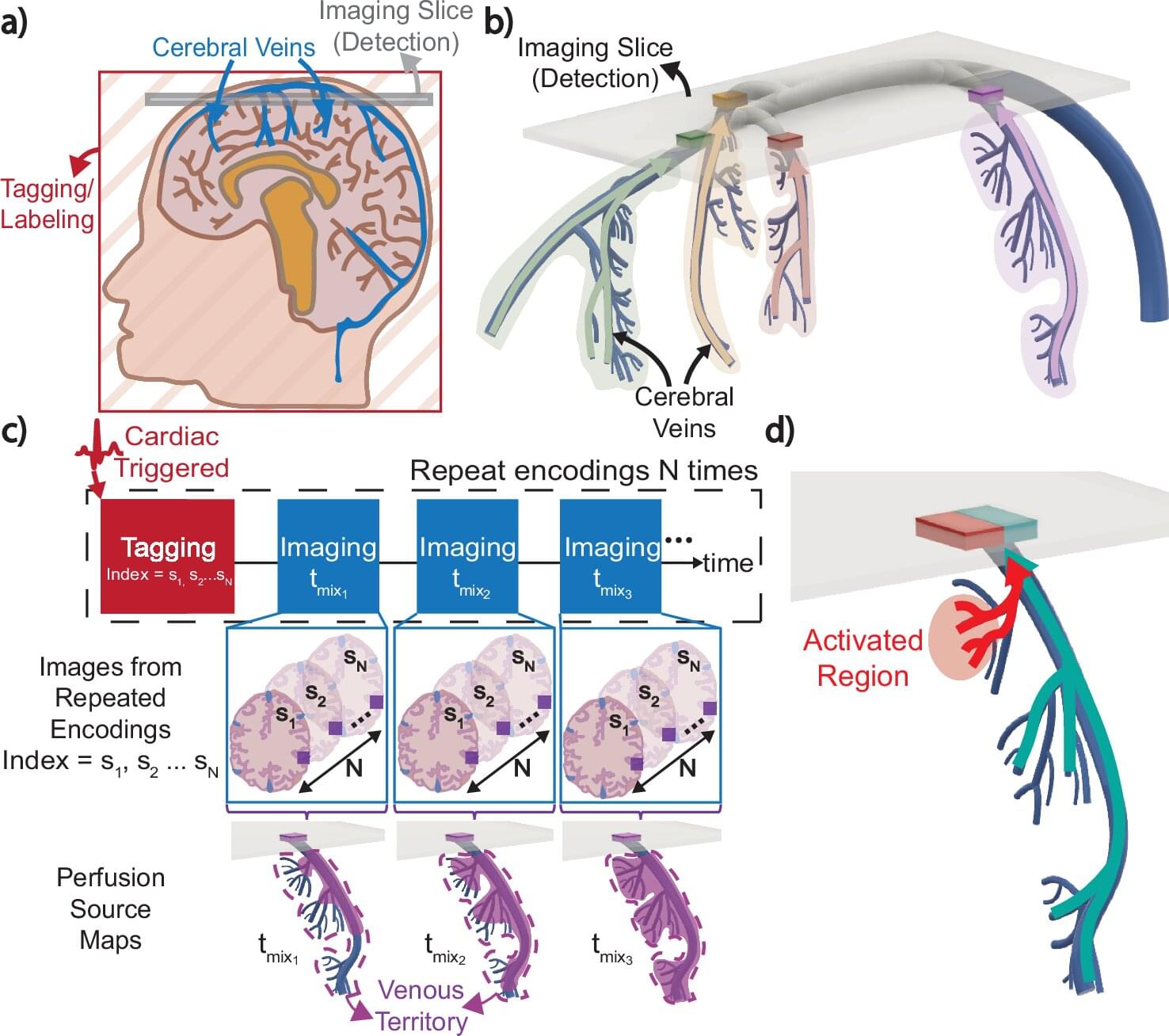
The venous system maintains the health of our brains by removing deoxygenated blood and other waste products, but its complexity and variability have made scientific study difficult. Now, a UC Berkeley-led team of researchers has developed an innovative MRI technique that may expand our understanding of this critical system.
In a study published in Nature Communications, the researchers demonstrate how their new imaging method, Displacement Spectrum (DiSpect) MRI, maps blood flows “in reverse” to reveal the source of blood in the brain’s veins. This approach could help answer long-standing questions about brain physiology as well as provide a safer, more efficient way to diagnose disease.
Like some current MRI methods, DiSpect uses the water in our blood as a tracing agent to map perfusion, or blood flow, in the brain. The water’s hydrogen atoms possess a quantum mechanical property called spin and can be magnetized when exposed to a magnetic field, like an MRI scanner. But what makes DiSpect unique is its ability to track the “memory” of these nuclear spins, allowing it to map blood flow back to its source.
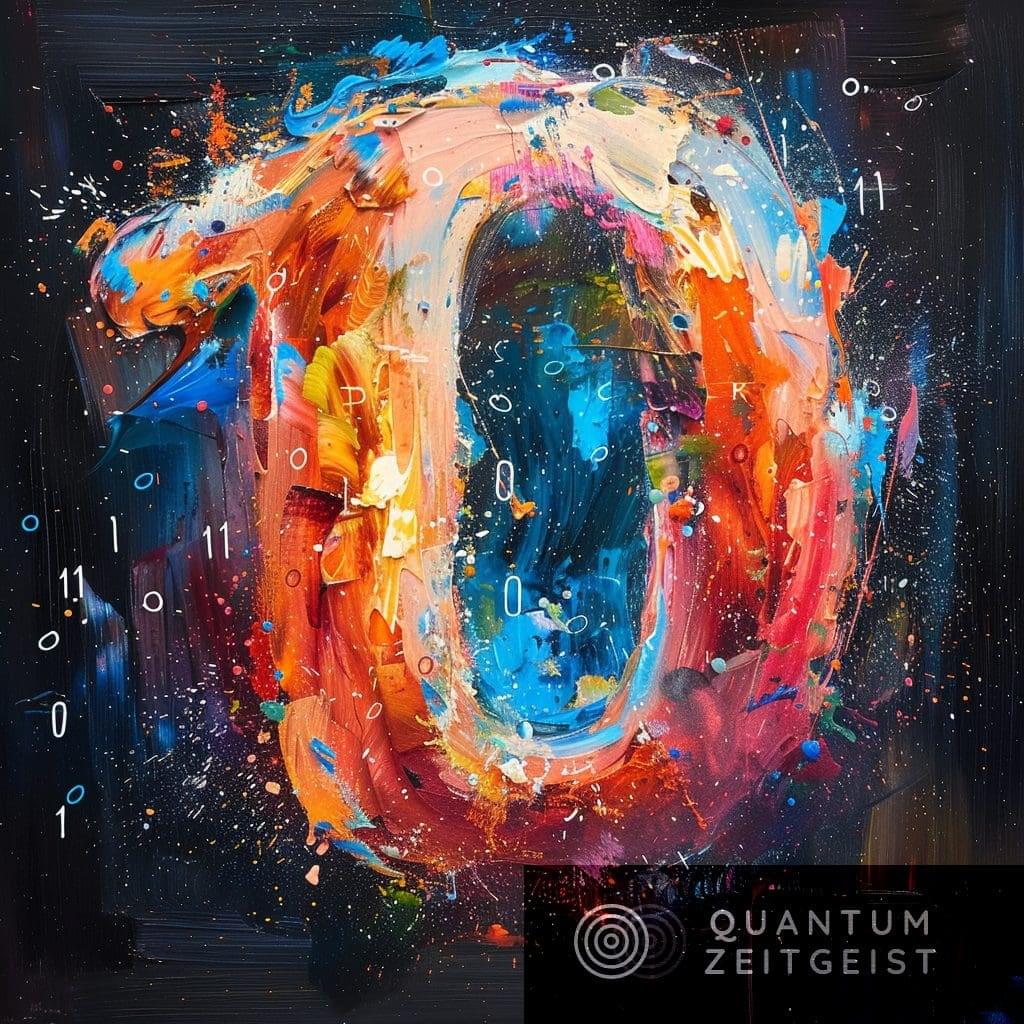
Quantum computing, a field of scientific exploration, is based on the quantum mechanical principle of superposition, which allows particles to exist in multiple states simultaneously. This principle, along with entanglement, a quantum phenomenon that enables particles to be instantaneously connected, provides quantum computers with computational power beyond the reach of classical computers. The development of quantum computing, rooted in the early 20th century, is a testament to intellectual daring, as scientists grappled with concepts that defied logic but were supported by experimental evidence.
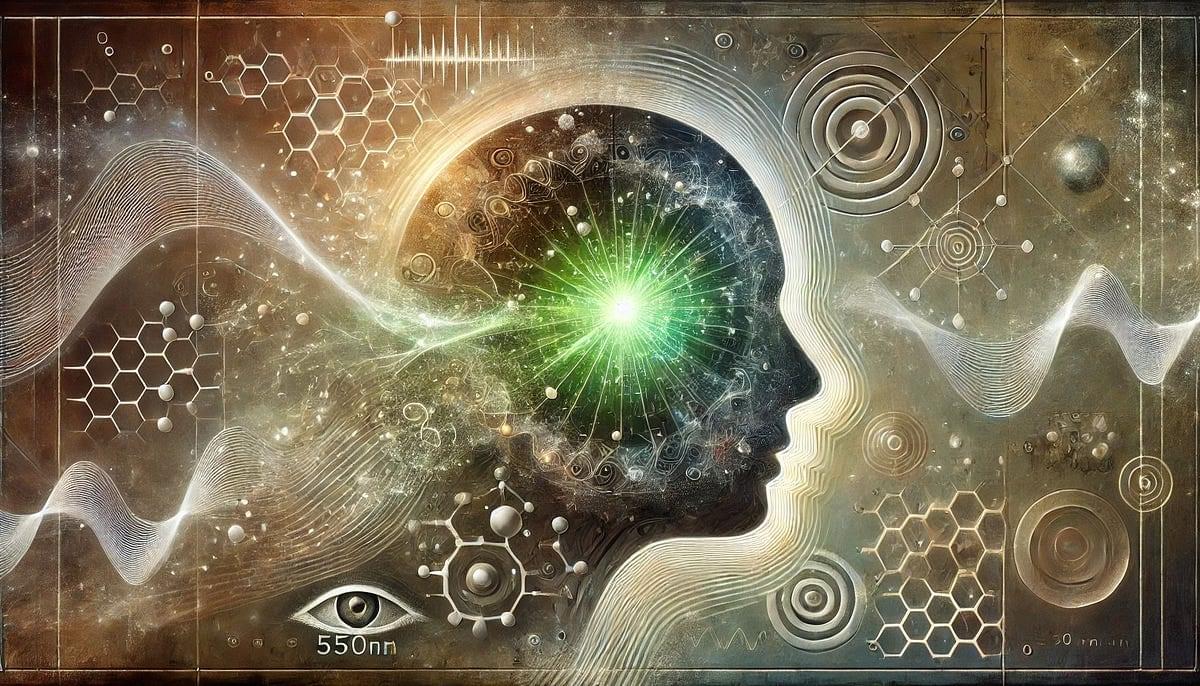
The universe speaks in mathematics, yet we experience it in poetry. This fundamental paradox — that objective quantities somehow give rise to subjective qualities — represents perhaps the most profound mystery in the architecture of consciousness. At the precise intersection where measurable physical magnitudes transform into felt experience lies perception itself, functioning as the universe’s most elegant translation device, converting the quantitative substrate of reality into the qualitative texture of conscious life.
Consider the photon, that discrete packet of electromagnetic energy oscillating at precisely 550 nanometers. Physics describes it with mathematical precision: wavelength, frequency, amplitude — pure quantity divorced from any subjective dimension. Yet when this photon encounters the rhodopsin molecules within our retinal cells, something extraordinary occurs. The quantitative description remains accurate but suddenly insufficient. The same electromagnetic radiation that physics measures as wavelength 550nm becomes, through the alchemy of perception, the irreducible experience we call “green.” This transformation represents not merely a change in descriptive language but a fundamental ontological shift — the emergence of an entirely new category of being.
Maurice Merleau-Ponty recognized this threshold when he observed that “the body is our general medium for having a world” (Merleau-Ponty, 1945/2012, p. 147). The lived body serves as the crucial mediator between the quantitative realm that physics describes and the qualitative realm that consciousness inhabits. Through our sensorimotor engagement with the world, objective magnitudes undergo a metamorphosis into subjective meanings. The body is not merely a receiver of information but an active participant in the creation of experiential reality itself.

IN A NUTSHELL 🔬 Rice University researchers discovered copper boride, a novel two-dimensional material with transformative potential. 🧪 The study highlights copper boride’s strong covalent bonding and distinct electronic properties, setting it apart from other 2D materials. 🔋 This breakthrough could significantly impact electrochemical energy storage and applications in quantum information technology. 🌟 The discovery
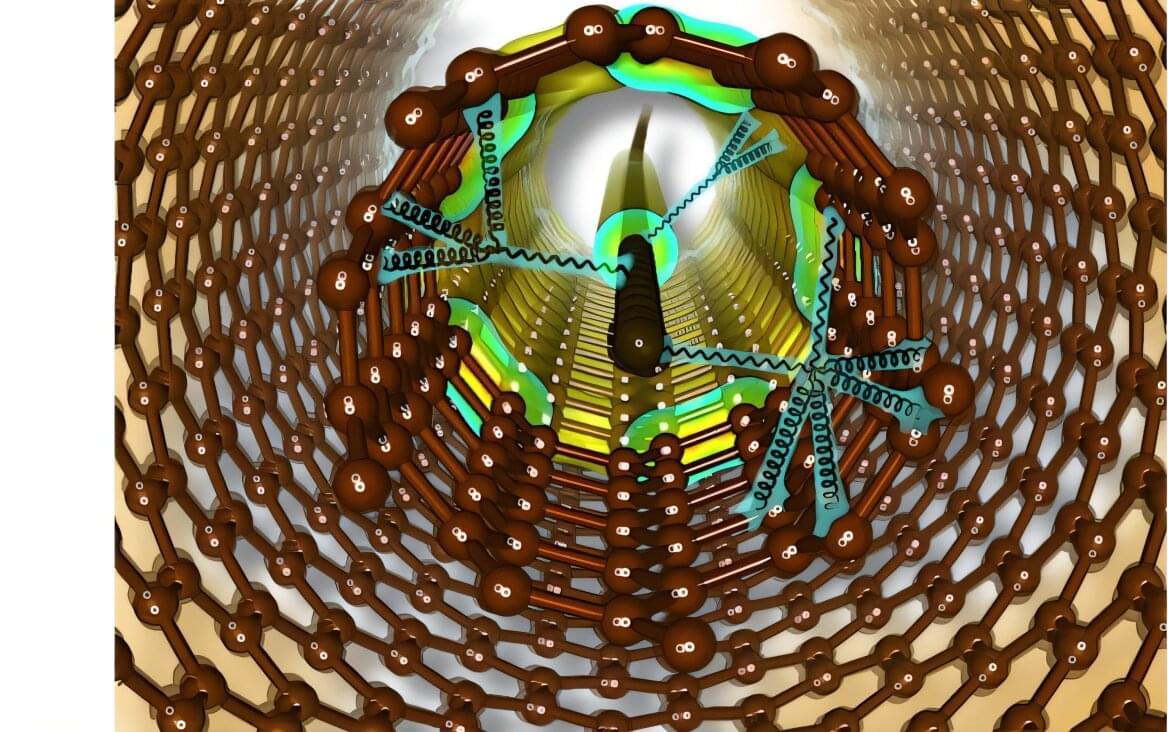
For the design of future materials, it is important to understand how the individual atoms inside a material interact with each other quantum mechanically. Previously inexplicable vibrational states between carbon chains (carbyne) and nanotubes have puzzled materials scientists.
Researchers from Austria, Italy, France, China and Japan led by the University of Vienna have now succeeded in getting to the bottom of this phenomenon with the help of Raman spectroscopy, innovative theoretical models and the use of machine learning. The results, published in Nature Communications, show the universal applicability of carbyne as a sensor due to its sensitivity to external influences.
For the design of future materials, it is important to understand how matter interacts on an atomic scale. These quantum mechanical effects determine all macroscopic properties of matter, such as electrical, magnetic, optical or elastic properties. In experiments, scientists use Raman spectroscopy, in which light interacts with matter, to determine the vibrational eigenstates of the atomic nuclei of the samples.
